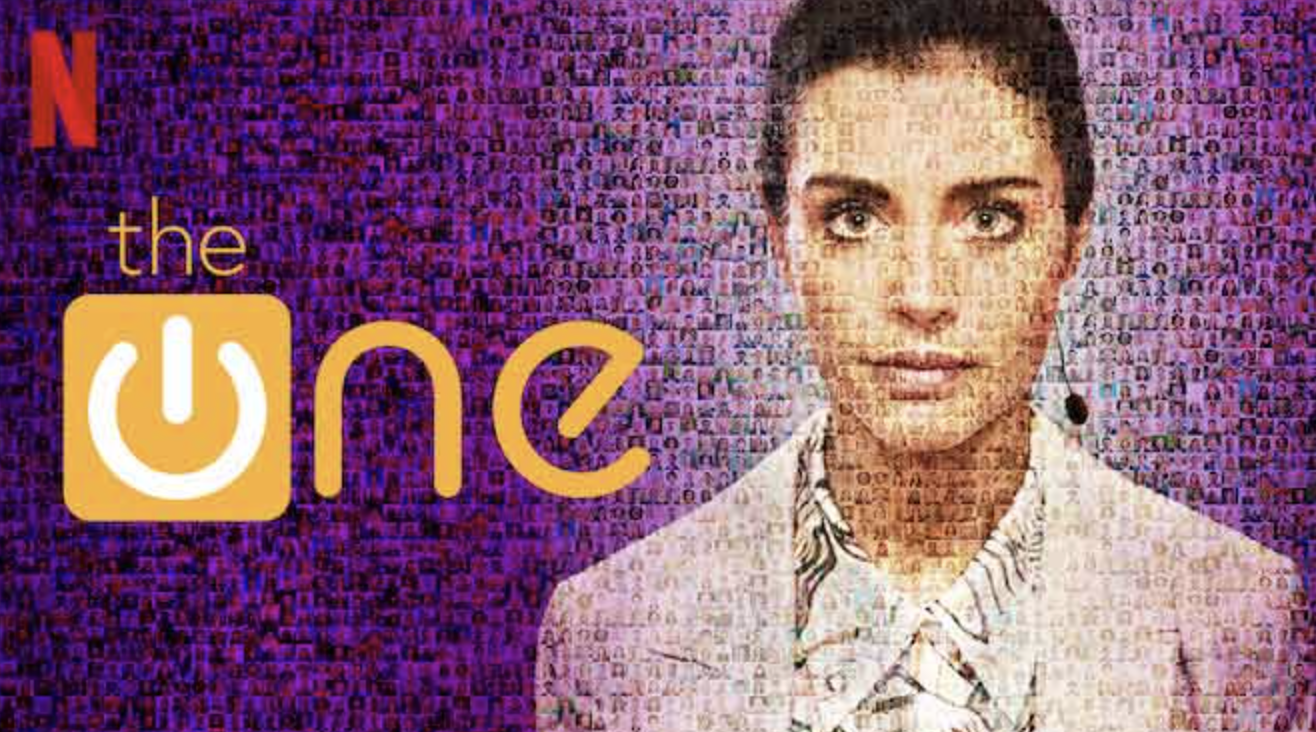The One.
Are there any limits to what science might achieve?

I believe the quality of our lives is directly proportional to the quality of the questions we ask ourselves. So let me pose this question. Are there any limits to what science might achieve?
John Marrs’ 2018 novel “The One” offers an equally challenging question. “How far would you go to find THE ONE? Your ultimate match. Your true love. Marrs’ premise continues, “one simple mouth swab is all it takes. A quick DNA test to find your perfect partner – the one you’re genetically made for. A decade after scientists discovers everyone has a gene they share with just one other person, millions have taken the test, desperate to find true love. ”
Netflix saw the potential in the Marrs’ science fiction adapting his novel to the small screen in eight episodes launched in 2021 as The One. Watching the Netflix series, I found myself mesmerized by the lead actor, Hannah Ware. A beautiful Brit with a sly, sinister smile and a deep allure. In my experience, the chemistry of human attraction is anything but simple. Desire, enticement, and appeal between two consenting adults is layered with complexity.

The tagline for the Netflix series drew me in a little more. “Love — and lies — spiral when a DNA researcher helps discover a way to find the perfect partner and creates a bold new matchmaking service.” Juicy stuff. Worthy of my viewing time.
On another level, the series has me thinking about the limits of scientific inquiry and our knowledge. Especially in light of our recent exposure to the COVID-19 virus. Slicing, dicing, and assessing our DNA in new ways has given us several measures to combat the predatory virus. I am grateful for our growing scientific knowledge and healing abilities. Like in the Netflix series, scientists should be cautious with their credibility not to over-promise and under-deliver. Our current SARS-CoV-2 vaccine regimens might be a case in point.

Per the CDC a Vaccine: is “A preparation that is used to stimulate the body’s immune response against diseases. Vaccines are usually administered through needle injections, but some can be administered by mouth or sprayed into the nose.” To stimulate the body’s immune response does not guarantee immunization. Why? The CDC is crystal clear on their answer. “Viruses like SARS-CoV-2 continuously evolve as changes in the genetic code (genetic mutations) occur during replication of the genome. A lineage is a genetically closely related group of virus variants derived from a common ancestor. A variant has one or more mutations that differentiate it from other variants of the SARS-CoV-2 viruses.”
The SARS-CoV-2 virus mutates. Our current vaccine regimens might effectively combat new SARS-CoV-2 variants. Or they might not. It is the nature of viral beasts to be difficult and elusive. Getting the vaccine is a “preparation to stimulate the body’s immune system” not a promised immunity. I am not advocating for or against vaccines. Lord knows I have a fine cocktail of vaccines running through my system. I am just reminding my readers of the limits of our science. Caveat Emptor. “Let the buyer beware.” The guiding principle is that the buyer alone is responsible for checking the quality and suitability of the goods or items before purchase.
My mini vaccine discourse brings me back around to the genesis of my post. John Marrs’ compelling pitch to his reader. “How far would you go to find THE ONE?”
Having never met my one true love, I might be a customer. If a simple DNA test could smooth and soothe marital relations and guarantee attraction, I am in. Until that day, I must be satisfied with a tempting notion and a Netflix series with a titillating possible future.

